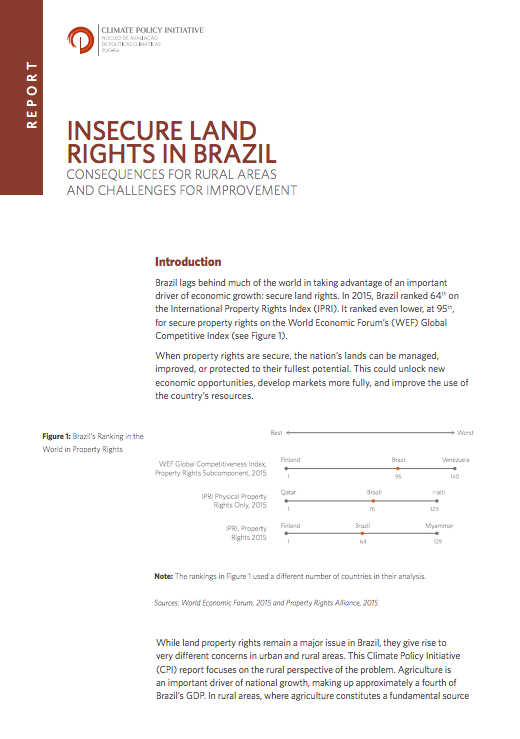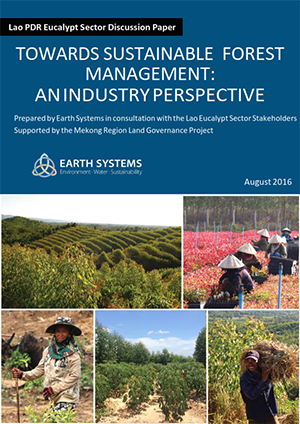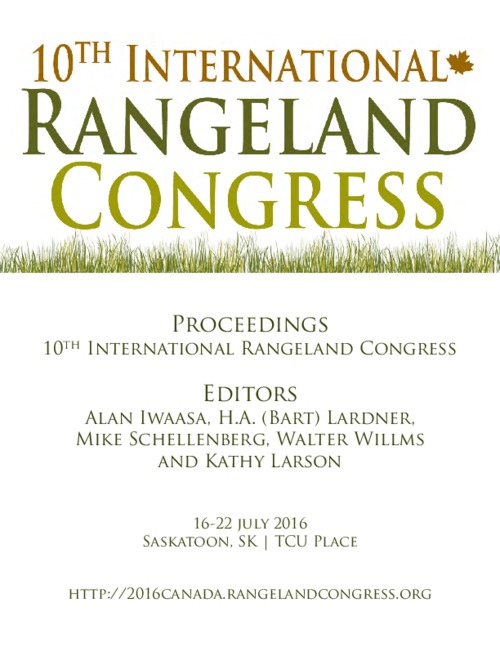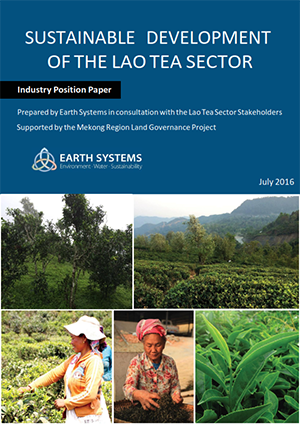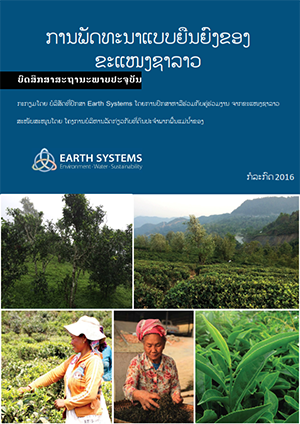Insecure Land Rights in Brazil: Consequences for Rural Areas and Challenges for Improvement
Brazil lags behind much of the world in taking advantage of an important driver of economic growth: secure land rights. In 2015, Brazil ranked 64th on the International Property Rights Index (IPRI). It ranked even lower, at 95th, for secure property rights on the World Economic Forum’s (WEF) Global Competitive Index.
When property rights are secure, the nation’s lands can be managed, improved, or protected to their fullest potential. This could unlock new economic opportunities, develop markets more fully, and improve the use of the country’s resources.

